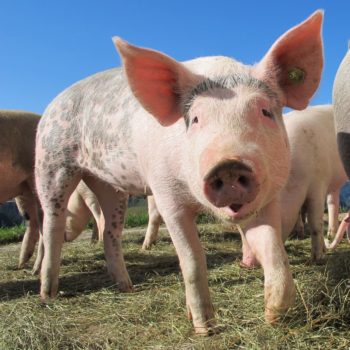Government supports need to be advanced urgently to struggling pig sector, says MII
19 April 2022
Urgent government action is required to address the severe crisis facing the pig sector, according to a submission by Ibec’s Meat Industry Ireland (MII) to the Joint Oireachtas Committee on Agriculture, Food & the Marine in advance of its hearing on the challenges facing the pig industry.
While acknowledging that government has sought to support the sector, MII, said the package brought to Cabinet on Wednesday, 13 April, “falls well short of current losses being incurred. The government will need to be open to reviewing supports as circumstances evolve.”
Rapidly rising feed, fuel, and transport costs, exacerbated by Russia’s war on the Ukraine, are crippling a sector that was already struggling with the challenges presented by Brexit and Covid disruption, the MII states. The sector has also been contending with volatility in the Chinese market and the impact of African Swine Fever (ASF) outbreaks in several European markets.
In a press statement, the MII added that “processors have done everything possible to support their producer suppliers, with Irish pig prices 10% above the EU average price since September, but this is not sufficient to bridge the losses being incurred due to the dramatic external input price shock.”
Independent Teagasc analysis shows the sector has already incurred losses exceeding €60m. The Irish pig meat sector supports over 8,000 jobs in rural Ireland and is the third largest agricultural sector after beef and dairy, contributing almost €1bn in export earnings.
“Rocketing feed input costs have created an unbridgeable gap between production costs and pig prices, and whilst this may narrow in coming months the scale of current losses means external support from Government is urgently required,” said Cormac Healy, senior director at MII.
“Producers have already incurred over €60m in losses and are being forced to exit the sector because of the unprecedent hike in feed costs,” he added. “Irreparable damage will be done to a sector that is a key contributor to rural employment and export earnings.”




 Print
Print





Fans 0
Followers